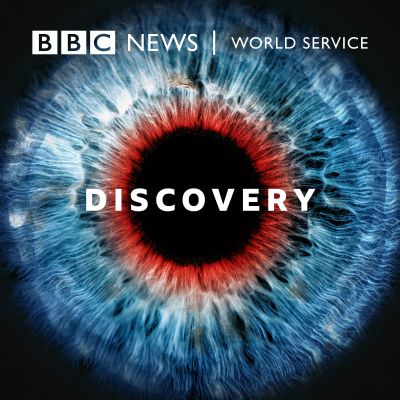The Biology of Freedom
Is free will unique to humans or a biological trait that evolved over time and across species? Whilst the existence and nature of free will has been hotly debated by philosophers through the centuries, the basic idea that we determine our own destiny is fundamental to human experience. We can even decide to act in ways which may threaten our very existence. Biology underpins how we behave but it is the human mind that decides to act. Recently, however, this idea has come under attack from neuroscience research which has shown our sense of freedom to be something of an illusion. MRI scans suggest our brains make decisions several seconds before we are consciously aware of them. We have an ability to react to new situations, to be unpredictable and even illogical, to the point of self-destruction. But look closely and these qualities can also be found across the animal kingdom. From bonobos to bacteria, organisms are making what appear to be independent decisions in surprising ways. As part of the Freedom 2014 season, entomologist Adam Hart explores the biology of freedom, meeting researchers working with apes, birds, insects and even single-celled microbes, who are redefining the way we think about free will and its origins. (Image Credit: Joshua Hart)
